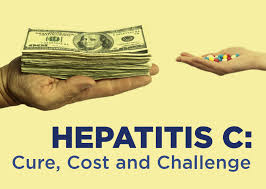There are a lot of famous scumbag doctors. Most recently Dr Oz was outed as a fraud and so was Dr Drew Pinsky but two other godlike scumbag are the late Dr Robert Atkins and Dr Arthur Agaton's South Beach diet.
Doctors in the US are God's agents of human suffering. The scumbags at the criminal Mayo Clinic are recommending the South Beach diet. American doctors love to make people fat and sickly CHA CHING! I shit you not. The Mayo Clinic is actually promoting this nightmare diet.
The Risks of High-Protein-High-Fat, Low-Carb Diets
High cholesterol. Some protein sources -- like fatty cuts of meat, whole dairy products, and other high-fat foods -- can raise cholesterol, increasing your chance of heart disease. However, studies showed that people on the Atkins diet for up to 2 years actually had decreased “bad” cholesterol levels.
Kidney problems. If you have any kidney problems, eating too much protein puts added strain on your kidneys. This could worsen kidney function.
Osteoporosis and kidney stones. When you're on a high-protein diet, you may urinate more calcium than normal. There are conflicting reports, but some experts think this could make osteoporosis and kidney stones more likely.
Gallbladder Disease. High fat diets play a large part in the formation of gallstones
Food that is high in cholesterol includes meat pies, sausages, fatty cuts of meat, butter, lard, cakes and biscuits.
Avoiding high cholesterol food may be recommended to help reduce the risk of gallstones.
The NHS recommends a low-fat, high- fibre diet rich in fresh fruit, vegetables and wholegrains as part of gallstone prevention
Atkins Diet Causes Diabetic Ketoacidosis in Diabetes Mellitus Sufferers
Diabetic Ketoacidosis (DKA) is a potentially life-threatening complication for those with diabetes mellitus, and if you’re thinking of trying the Atkins diet, you may encounter this complication.





